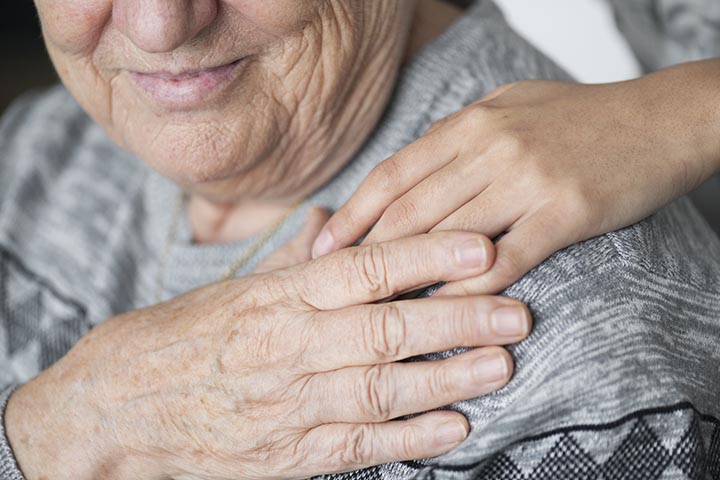
Combating the abandonment and loneliness of elderly people in the context of aging in place and contributing to their well-being and mental health is the objective of this social experiment, which will be captured in a documentary film intended for international film circuits as a means of dissemination. In a pilot project, young volunteers “adopt” a senior citizen in a situation of abandonment, creating a bridge between generations. A set of actions will be developed to value the knowledge of seniors and promote sharing between the younger and older generations.
Building upon the multicultural profile of the municipality of Cascais, GeraSol also aims to contribute to the revival of the concept of old age from civilizations such as those in Africa or Asia, where the wisdom of the elderly is regarded as something precious that must be preserved. This is an urgent change in the context of global aging. The World Health Organization (WHO) estimates that by 2050, nearly a quarter of the global population will be over 60 years old, with that percentage reaching around 35% in Europe.
Portugal is among the most aged countries in the world, and according to the WHO’s 2021 report, 20 to 34% of older people in China, Europe, Latin America, and the United States suffer from loneliness. Social isolation and loneliness shorten the lives of the elderly and negatively impact their physical and mental health, as well as their quality of life. The implementation of “one-to-one” actions, such as in the case of GeraSol, is one of the solutions suggested by the WHO to reduce this trend.

